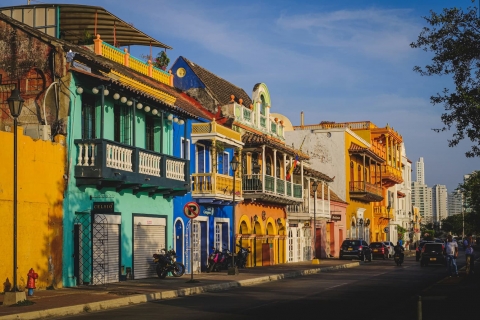Uyuni Climate by Month
Temperatures in Uyuni experience a moderate degree of variance through the seasons.
Days can be pleasant, while the cooler months tend
to be mild.
The city tends toward drier weather patterns.
Now, let’s explore all the climate details to give you a full picture.
Average day and night temperature
In Uyuni, seasonal changes bring about a moderate variation in temperatures. Typically, daytime temperatures range from a pleasant 21°C in December to a moderate 13°C in the coolest month, July. Nights are cooler, with temperatures generally dropping to -3°C, particularly during the colder months.
The mean minimum and maximum temperatures throughout the year
Precipitation and rainy days
With annual rain/snowfall averaging 433 mm, Uyuni maintains relatively low precipitation levels throughout the seasons. The climate in Uyuni shows significant variation throughout the year. Expect high rainfall in January, with an average of 138 mm of precipitation over 15 rainy days. In contrast, June offers drier and sunnier days, with around 1.6 mm of rainfall over 0 rainy days.The mean monthly precipitation over the year, including rain, hail and snow
Average humidity
The relative humidity is low throughout the year in Uyuni.
Relative humidity over the year
The best time of year to visit Uyuni in Bolivia
During the months of November and December you are most likely to experience good weather with pleasant average temperatures that fall between 20°C and 26°C.Other facts from our historical weather data:
December has an average maximum temperature of 21°C and is the warmest month of the year.
The coldest month is July with an average maximum temperature of 13°C.
January tops the wettest month list with 138 mm of rainfall.
June is the driest month with 2 mm of precipitation.
No idea where to travel to this year? We have a tool that recommends destinations based on your ideal conditions. Find out where to go with our weather planner.




